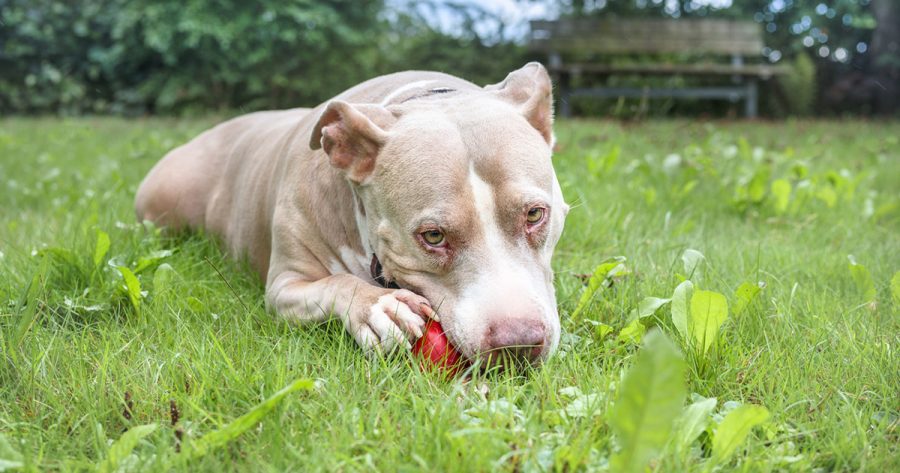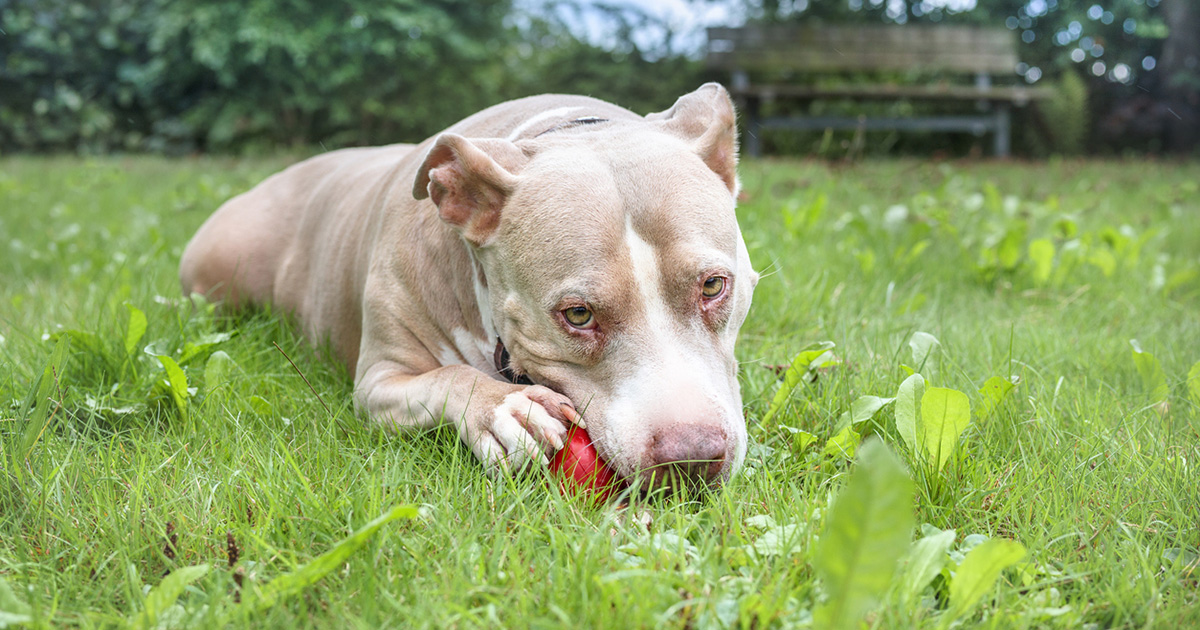
Why do dogs drag their butts on the carpet?
This behavior where dogs drag their butts, known as “scooting,” is a sign that your dog has pain or discomfort in their rear end. If it happens occasionally and stops, it could be due to a minor issue like dry feces stuck around the anal area. However, if the scooting is frequent, it indicates a […]

This behavior where dogs drag their butts, known as “scooting,” is a sign that your dog has pain or discomfort in their rear end.
If it happens occasionally and stops, it could be due to a minor issue like dry feces stuck around the anal area.
However, if the scooting is frequent, it indicates a medical problem that requires attention.
POSSIBLE REASONS WHY DOGS DRAG THEIR BUTTS
- Recent grooming, shampoo changes, or new perfumes might cause scooting due to topical irritation.
Dogs with irritation may roll on their back and scratch.
Use hypoallergenic natural oat-based dog shampoo and skip perfumes during bathing.
Be cautious while clipping to avoid razor burns.
Floor, carpet cleaning products, or bedding cleaners could also trigger irritation.
Revert to the previous products if there were changes during the onset of scooting.
ALSO READ: Reasons why your dog is sneezing a lot
- Food sensitivities cause gastrointestinal discomfort, bloating, and soft stool.
Soft stool doesn’t trigger the anal glands, leading to overfilled sacs as explained earlier.
Adding fiber to the dog’s diet helps with stool consistency: canned pumpkin, all-bran cereal, brown rice, beets, and carrots are good options.
Discovering the sensitivity requires changing diets or using a full elimination diet with minimum ingredient diets.
A veterinarian can create a specific plan to identify your dog’s sensitivity.
Commercial treats or powder formulas with fiber are also available to add to your dog’s food.
ALSO READ: Are dogs ticklish?
- Flea-infested dogs can get tapeworms by accidentally ingesting fleas containing tapeworm larvae while grooming or scratching.
Tapeworms are flat intestinal parasites causing dogs to scoot; their segments resemble grains of rice around the anal area.
Each segment carries about 20 tapeworm eggs, causing irritation.
A vet can confirm the infestation with a fecal test and prescribe a deworming schedule using praziquantel.
Keep your dog’s flea prevention up to date to avoid re-infestations.
Consult your vet for effective ways to eliminate fleas from the home environment.
